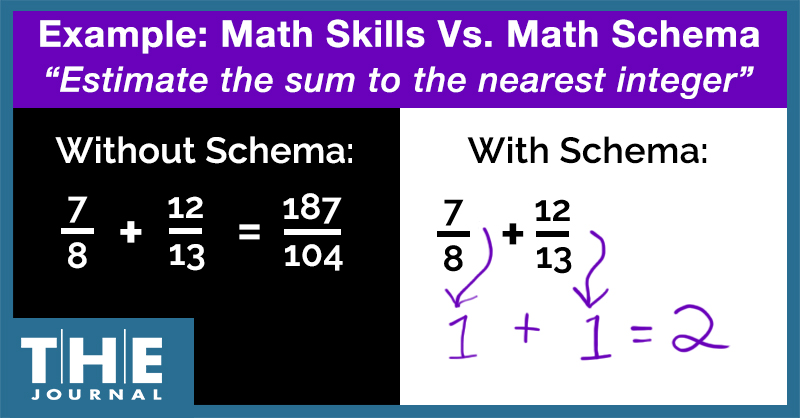
With so-called learning loss from the pandemic continuing to harm students, schools can't just return to normal methods of teaching math. Fortunately, researchers have a strong understanding of how people learn math, just as they did with the now widely accepted science of reading. However, that understanding is taking too long to filter into classroom instruction.
Houghton Mifflin Harcourt (HMH) said today that it's planning to buy out the assets and brand identity of NWEA, a not-for-profit organization that provides assessment and other solutions (including its flagship MAP Growth assessments). HMH is owned by private investment firm Veritas Capital.
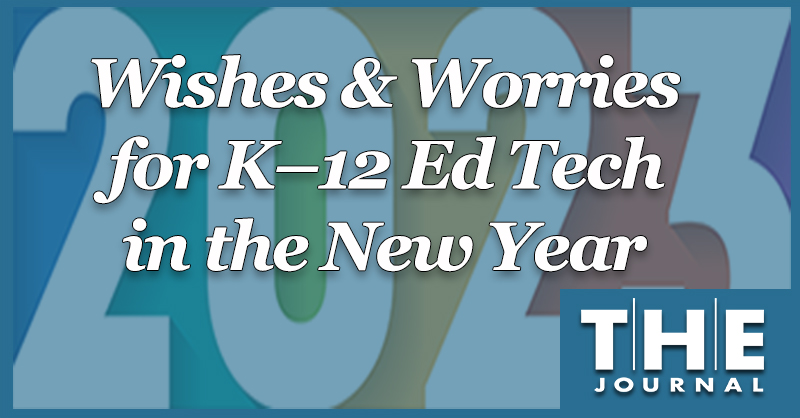
During the final weeks of 2022, THE Journal asked scores of ed tech leaders about their wishes and worries for 2023. Cybersecurity and teacher resources were the most common topics addressed in the responses — many of which include specific ideas for new policies and practices for K–12 education in the United States.
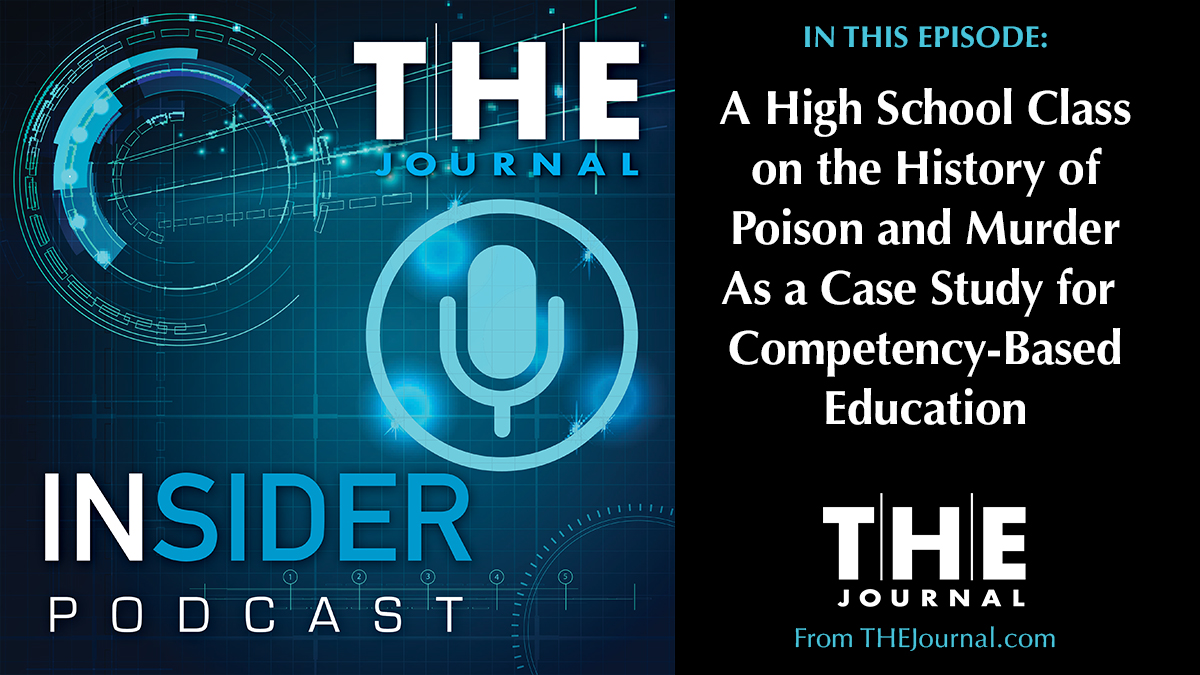
Todd Ryckman of Cypher Learning joins THEJournal.com editor Kristal Kuykendall for a discussion about the competency-based education movement, what it looks like in school districts that have been implementing CBE over the past five years, and how Cypher Learning’s NEO LMS empowers educators and students, regardless of whether their school uses the traditional or “modern” instructional model or more of a CBE approach.
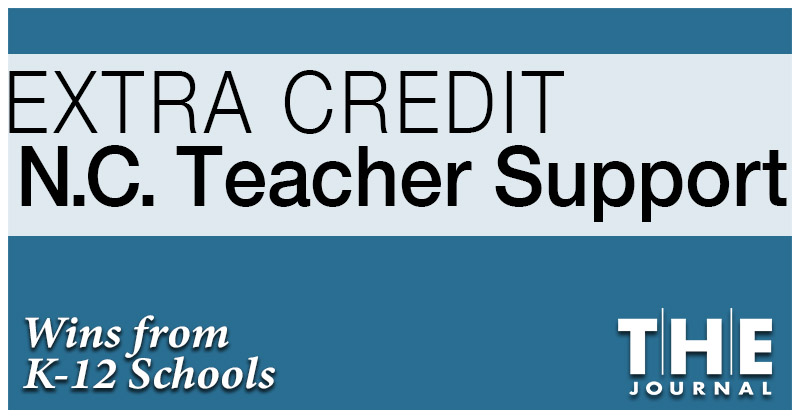
When COVID-19 prevented in-person coaching, observing, and co-teaching, the North Carolina New Teacher Support Program started using video and continued in full force, with over 1,000 teachers participating in the 2020–21 school year and the program has continued growing, with nearly 1,400 teachers participating this school year — data shows it is indeed helping the state retain teachers.
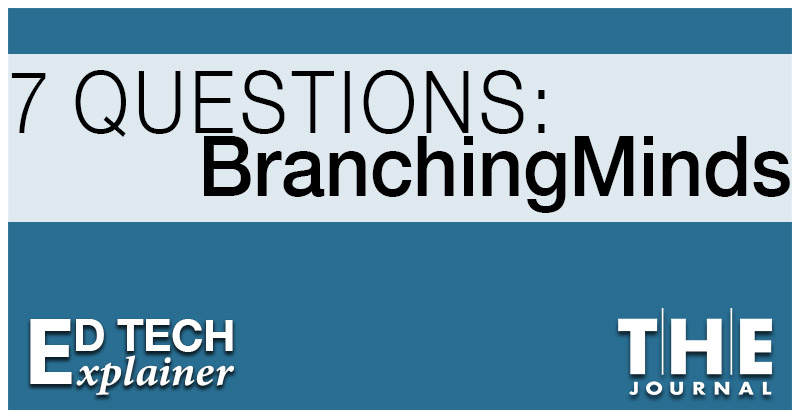
For the 7 Questions Ed Tech Explainer series, Branching Minds CEO Maya Gat explains how its Multi-Tiered System of Supports solution works, how it impacts teachers, administrators, students, and learning outcomes, and how it incorporates a school district's existing data to help teachers equitably and efficiently differentiate instruction and ensure it's helping students catch up.
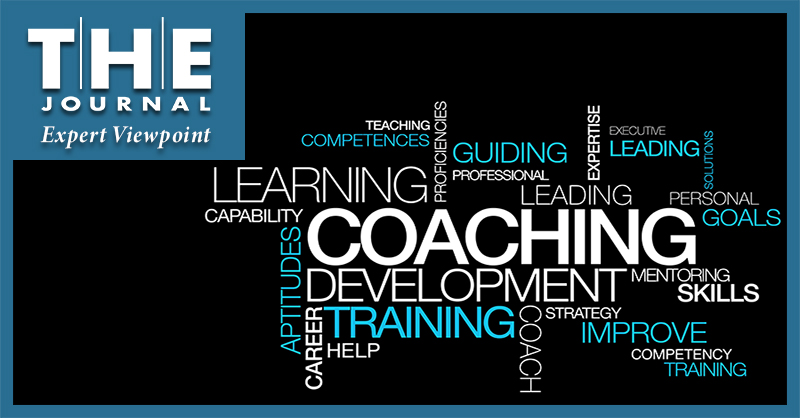
A longtime educator and expert in Competency-Based Education teaching models argues that there is a significant misalignment between the vehicles through which students communicate what they know and can do and the opportunities available in the workforce, and he says K-12 education should be implementing skills tracking, which would fix the issue for both students and employers.
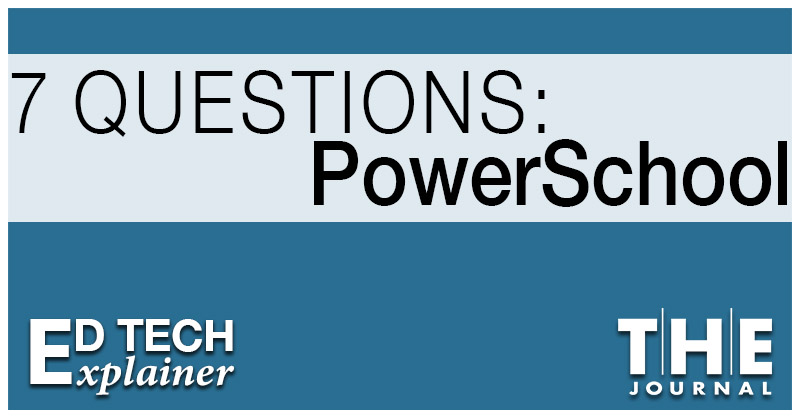
THE Journal's 7 Questions: Ed Tech Explainer series features PowerSchool Group VP Shivani Stumpf, who explains the new Data-as-a-Service solution for education called Connected Intelligence, how it works, what it will offer public schools and state education agencies that is not commonly available now, and how she envisions it helping improve K–12 education.
Most of the United States saw declines in reading and math achievement on standardized tests between 2019 and 2022. Those declines happened in both fourth- and eighth-grade in a large majority of states and jurisdictions.
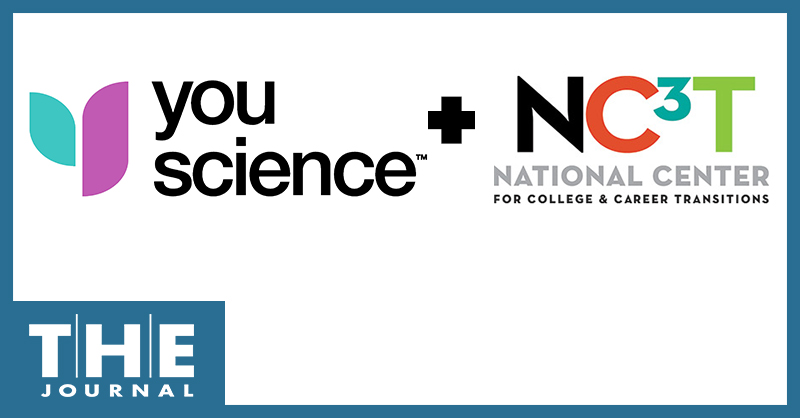
Aptitude assessment and CTE solutions provider YouScience has acquired the National Center for College and Career Transitions, or NC3T, expanding YouScience’s ability to help K–12 students find and prepare for the career and college options that best fit their interests and abilities, according to a news release.